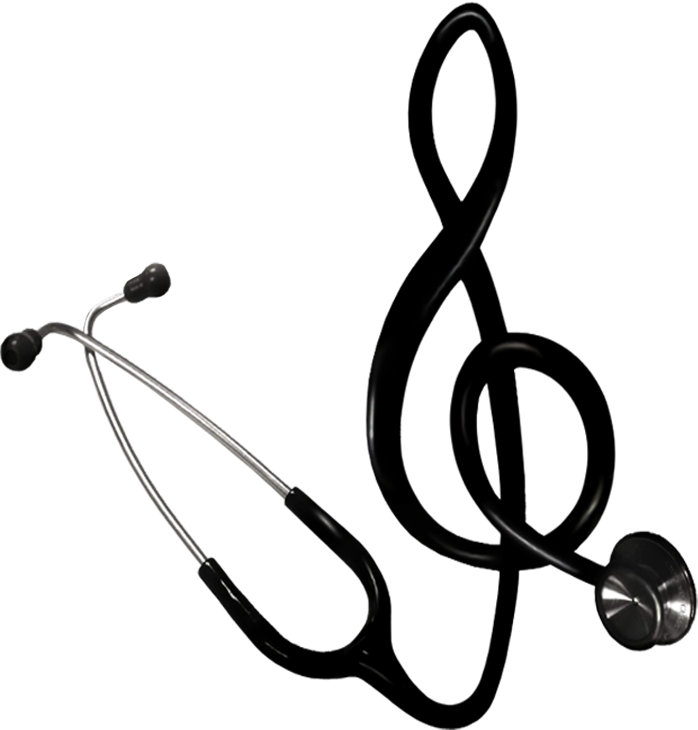1. What are you most proud of in your lesson, and why?
I am not proud of anything in my lesson. Although I had memorized everything I had planned to say, I blanked out once I stood up. I had a mini panic attack a few minutes before it was my turn to present.
If I had to choose one thing to be proud of in my lesson, it would probably be the fact that I held my ground and tried to present as much content as possible to meet the time even though I had lost all of my courage to face the class and teach.
2. What assessment would you give yourself on your lesson? Explain why you earned that grade
using evidence from the component contract.
I would give myself a NC since I don't think I met the eight minute time. If I did meet it, I would give myself a CR or AP. I did reference my interview and my mentorship during my lesson but I don't think I was able to properly cite each resource I referred to. Also, since I forgot a lot of information I wanted to say, I don't think my research showed a lot of depth.
3. If you could go back, what would you change about your lesson? How can you use that knowledge to give a better Lesson 2?
I would probably try to speak slower and rehearse many times to all my friends and relatives so that I can get used to speaking to a large group of people.








